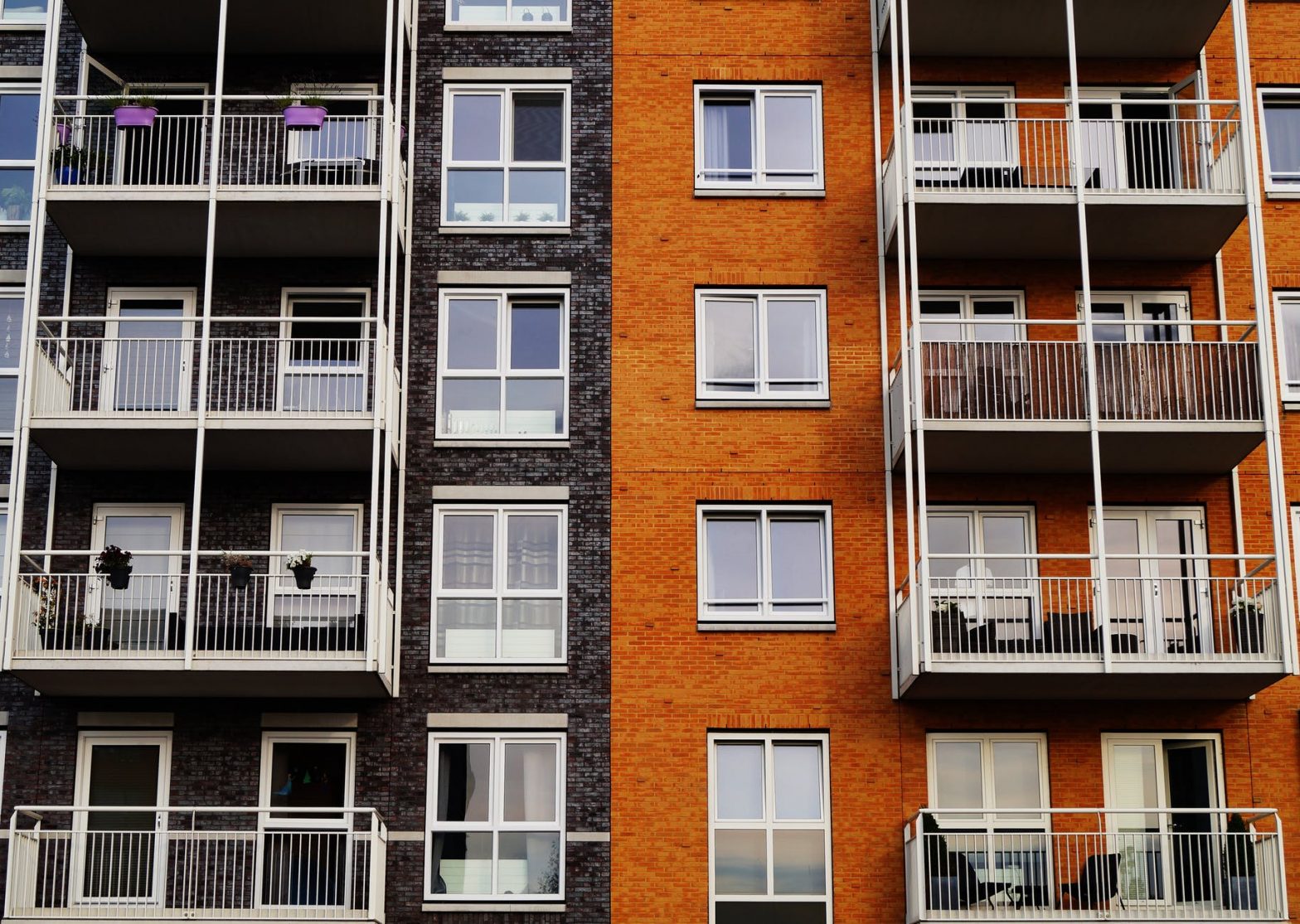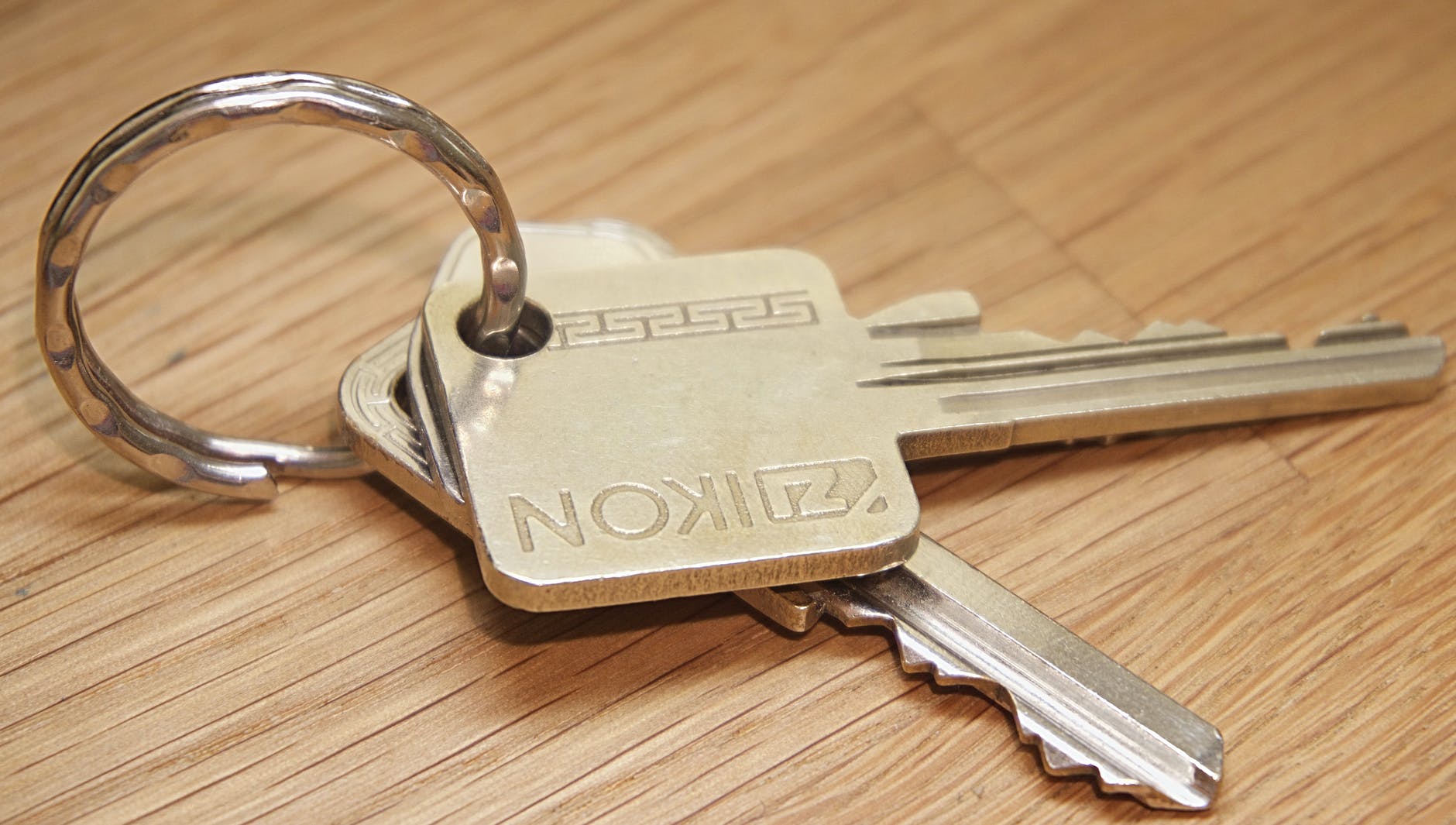With a new lockdown comes a wave of repercussions in terms of law, society and lifestyle. Procedures are updated, rules are created or waived and people must once again readjust to keep up with the times.
One important issue that we have spoken about in weeks previously is evictions and possession actions which are of great significance to both landlords and tenants. With the current lockdown firmly in place, what should both parties be aware of in the coming months?
What does Possession Action mean?
A more in-depth analysis on possession action can be found in our article here, but essentially it is a Court order issued to remove a tenant from a property when the landlord no longer wants them to be there, usually for a specific reason but sometimes without one in what is normally called no-fault eviction. These reasons can be to do with rent not being paid or anti-social behaviour from the tenant etc. In the case of no-fault eviction, it normally happens when a fixed-term tenancy comes to an end (in legal terms, an assured shorthold tenancy), the landlord does not want to rent this property out at all or to one particular tenant, they wants to take over the property themselves.
Due to the Coronavirus lockdown, there have been updates on how and when such orders can be carried out.
The following is directly in line with the most recent guidance issued on the Government website, which can be viewed in full here.
Notice periods for tenants
Notice periods of eviction given to tenants from 29 August 2020 to at least 31 March 2021 must be at least 6 months for most grounds. This applies during the national lockdown. There are certain cases where a shorter notice period may be provided. These include those in relation to anti-social behaviour (including rioting), false statement, criminal activities (such as where there is evidence that the property is in the danger of being damaged)and where a tenant has accrued rent arrears to the value of at least 6 months’ rent and there is evidence that the tenant is abusing the current pandemic situation, e.g. there is evidence that the tenant is not affected by the pandemic, but simply chooses not to pay the rent.
The two most frequently used types of notice that landlords issue tenants are the Section 8 and the Section 21 notices.
Issuing a Section 8 notice during lockdown
The following is directly in line with the most recent government guidance.
Landlords can give their tenants a Section 8 notice if they have a reason for wanting them to vacate the premises which corresponds with a specific ground; for instance, they have broken the terms of the tenancy.
Under the provisions of the Coronavirus Act 2020, a notice seeking possession which was given to a tenant from 26 March to 28 August 2020 must have provided them with a notice period of at least 3 months.
However, in line with the new lockdown rules, these provisions have now been extended. A notice seeking possession which is given to a tenant from 29 August 2020 until at least 31 March 2021 must provide a notice period of at least six months in most circumstances.
However, there are exceptions to this in some instances:
– For notices in relation to anti-social behaviour, rioting and false statement, the required notice periods have returned to their pre-Coronavirus Act 2020 lengths. In some cases, this means that proceedings for anti-social behaviour can be brought immediately. Notice periods on these grounds otherwise vary, depending on the type of tenancy and ground used, between two weeks and one month.
– Where at least 6 months of rent is unpaid, a minimum 4-week notice period will be required. If less than 6 months of rent is unpaid, then the notice period is 6 months.
– Where a tenant has passed away or is in breach of immigration rules and does not have a right to rent a property in the United Kingdom then a minimum 3-month notice period is usually required.
If a landlord wishes to serve a new notice in order to take advantage of the new shorter notice periods required for certain serious cases, they should, where they are issuing a new notice of the same type, withdraw the first notice before they serve a new notice.
Note: The requirement to provide a minimum of 6 months’ notice in most circumstances applies during the national lockdown.
Landlords may find it helpful to seek independent legal advice regarding these matters. We are always available to assist in such issues.
How to serve a Section 8 notice
Landlords will have to fill in Form 3 in order to serve a Section 8 notice, which can be found here.
It is important that this form is filled in correctly. Landlords can seek legal advice to help with this, which Lisa’s Law can provide. If it is not filled in accurately the landlord will experience serious delays.
Landlords must specify on the notice the specific grounds they are using to seek possession of their property.
Depending on particular circumstances, the landlord can go down two routes:
They can use mandatory grounds. These are grounds where the judge must order the tenants to leave the property if the landlord can prove the ground. For example, if there is evidence for 8 weeks’ rent arrears or convictions for anti-social behaviour.
There is also the possibility of discretionary grounds. These are grounds where the judge can only order the tenants to leave the property if the landlord can prove a discretionary ground and the judge considers it reasonable to make an order. Examples include grounds for other breaches of the tenancy agreement, such as repeated noise complaints from neighbours.
Issuing a Section 21 notice during lockdown
The following is directly in line with the most recent government guidance.
Due to coronavirus (COVID-19), from 26 March 2020 to 28 August 2020 the minimum Section 21 notice period that you can give to your assured shorthold tenants was 3 months.
From 29 August 2020 until at least 31 March 2021 the minimum notice period is 6 months. That means that there must be at least 6 months between the date your tenant receives the notice, and the date after which you specify they must leave the property. You can make a claim for possession in the county court if the tenant has not left by the date specified in the notice. However, if you have agreed with a tenant that a longer notice period will be given, for example if there is a written tenancy agreement that provides for a longer period of notice, that longer period will apply.
Note: The requirement to provide a minimum of 6 months’ notice applies during the national lockdown.
How to serve a Section 21 notice
Landlords can only use a Section 21 notice if their tenants have an assured shorthold tenancy (which is the most common tenancy). It cannot be used it if the tenants have an assured tenancy.
Landlords can only use a Section 21 notice to ask the assured shorthold tenants to leave the property:
- after a fixed term tenancy ends
- during a tenancy with no fixed end date, which rolls over at particular intervals of time – for example, on a month by month or week by week basis – known as a ‘periodic’ tenancy
The form which must be filed for this type of notice to be served is the 6A form, which can be found here. As with the Section 8 form, this must be filled out correctly and legal advice is recommended.
More information regarding notice periods can be found here.
Warrants and Bailiffs in lockdown
If the situation is not coming to an end after the notices are served, the landlords need to apply for possession order and then ask the court for a ‘warrant for possession’ if their tenants do not leave the property by the date given in an order for possession, or do not abide by the conditions set out in a suspended order of possession. It costs £121.
If landlords originally issued their possession claim using the possession claim online service they can request the warrant directly through that service. Otherwise they should send the request and the fee to the court where the hearing was held.
During lockdown:
The government is extending existing legislation to ensure bailiffs do not serve eviction notices or evict, except in the most serious circumstances. These circumstances are:
- illegal occupation
- false statement
- anti-social behaviour
- eviction of perpetrators of domestic abuse in the social sector where the victim is housed elsewhere
- where a property is unoccupied following death of a tenant
- serious rent arrears being greater than 6 months’ rent.
This legislation will be in place for at least six weeks until the end of 21 February and will be kept under review.
Our thoughts
The times we are currently living in are filled with unusual challenges, stressful situations and increased levels of uncertainty. We hope that wherever possible people will be able to stay in their homes and some normality will resume in the coming months. If tenants are worried about losing their current accommodations, we advise them to get in touch with us so that we can help them work out the best outcome together.
Not only focussing on tenants, we also sympathise with the landlords who find themselves at a loss where their property is being damaged or they have gone many months without any rent being paid, which for some landlords is their main source of income.
It is a tough situation for everyone, but we are always willing to find the best solution for our clients!
Have questions? We are operating as usual!
We are ready to provide you with a fantastic legal service and there are many ways for you to contact us!
Call us on 020 7928 0276, phone calls are operating as usual and will be taking calls from 9:30am to 6:00pm.
Email us on info@lisaslaw.co.uk.
Use the Ask Lisa function on our website. Simply enter your details and leave a message, we will get right back to you: https://lisaslaw.co.uk/ask-question/
Or, download our free app! You can launch an enquiry, scan over documents, check progress on your case and much more!
Links to download below:
iPhone: https://apps.apple.com/us/app/lisas-law/id1503174541?ls=1
Android: https://play.google.com/store/apps/details?id=com.lisaslaw










I don’t think the title of your article matches the content lol. Just kidding, mainly because I had some doubts after reading the article.